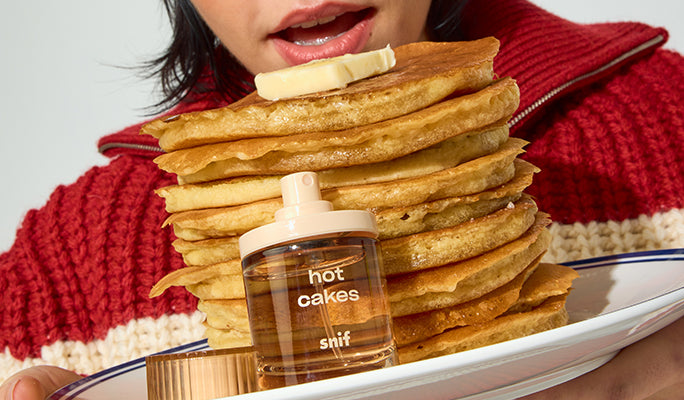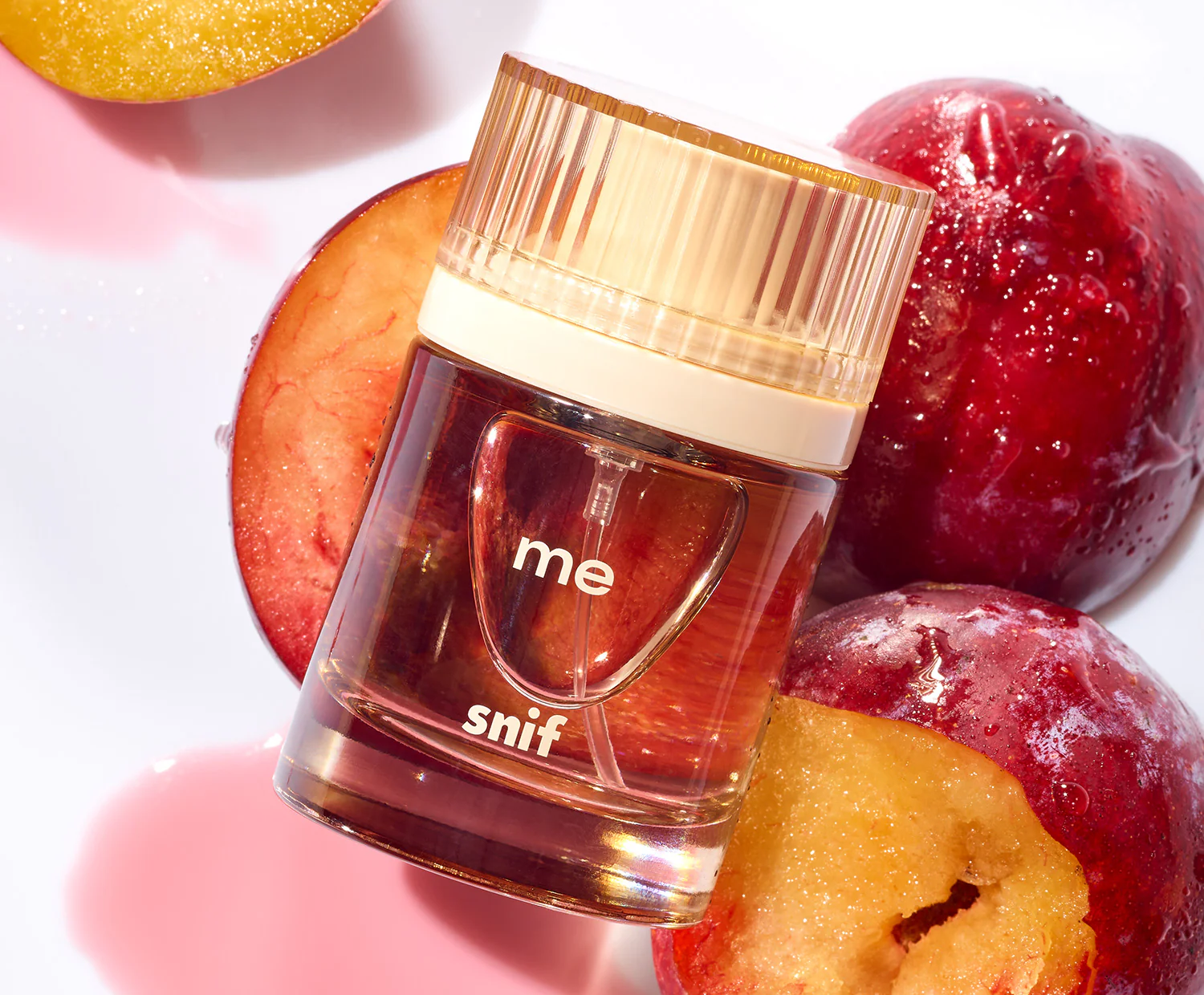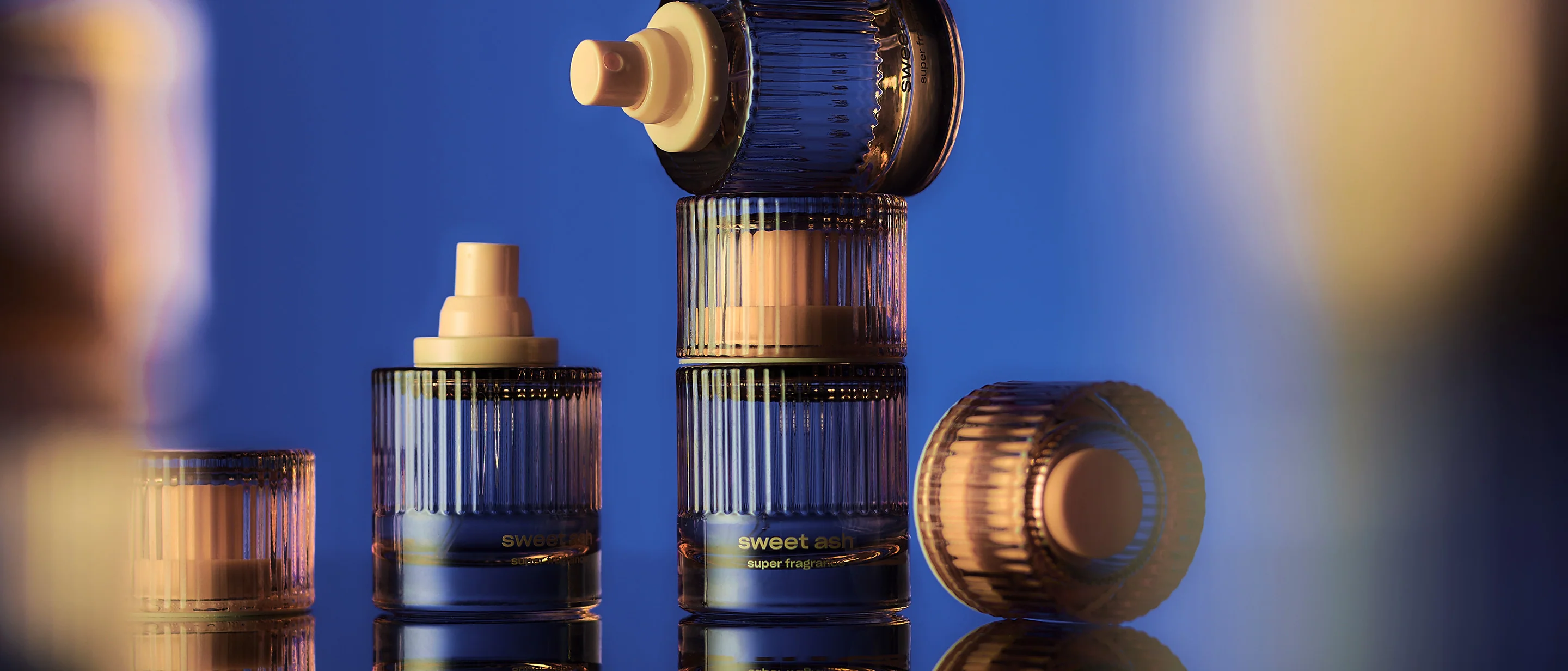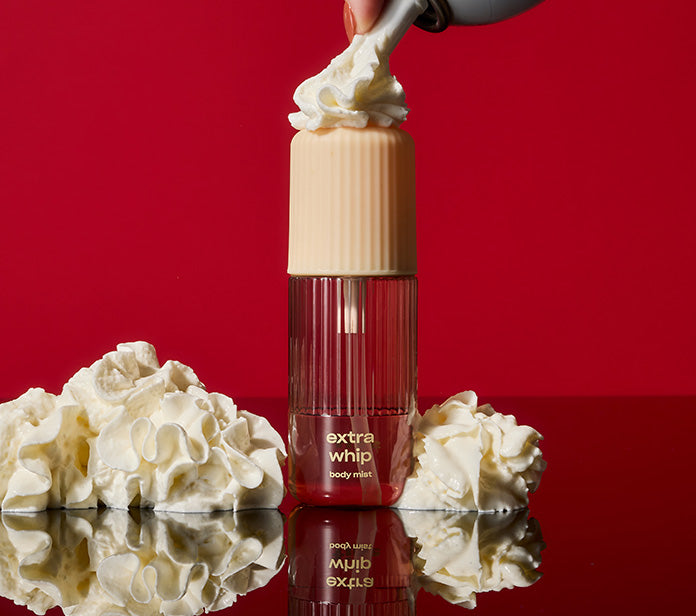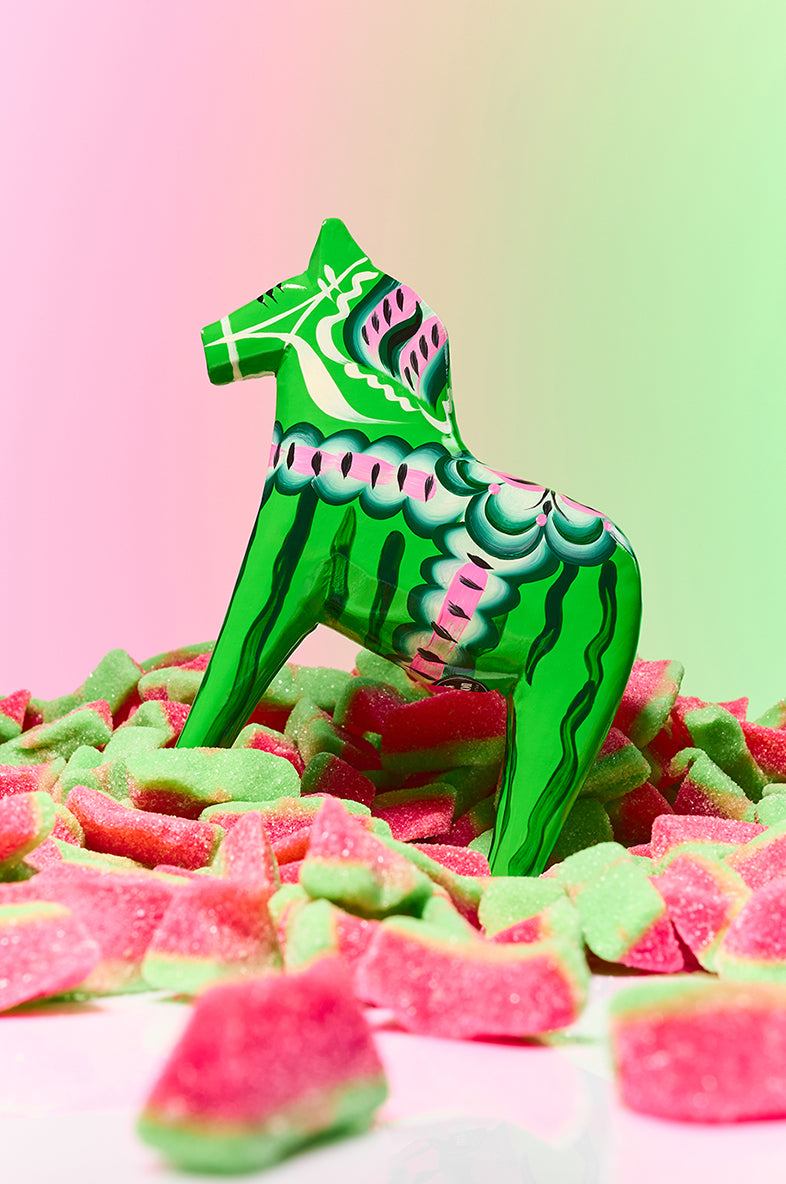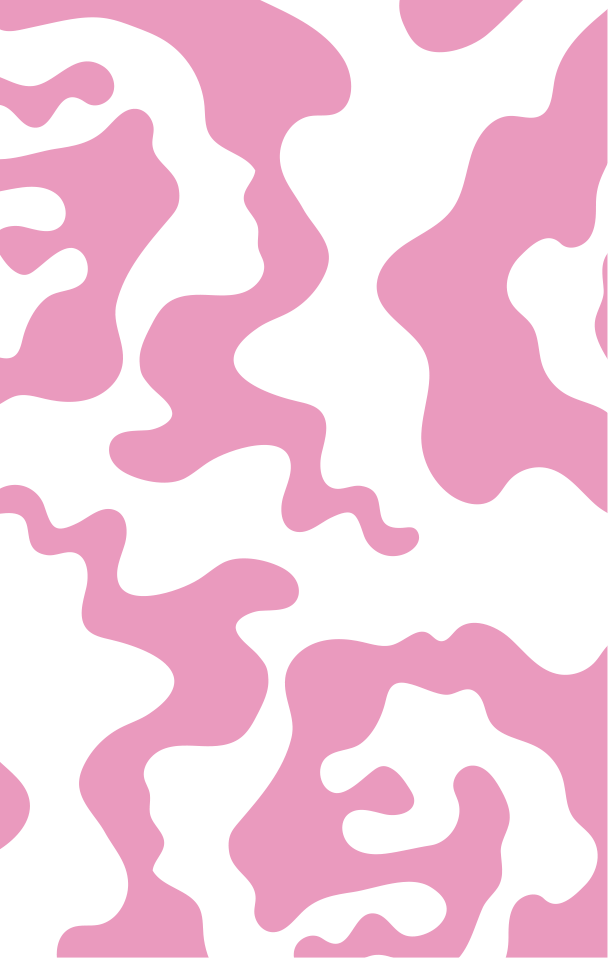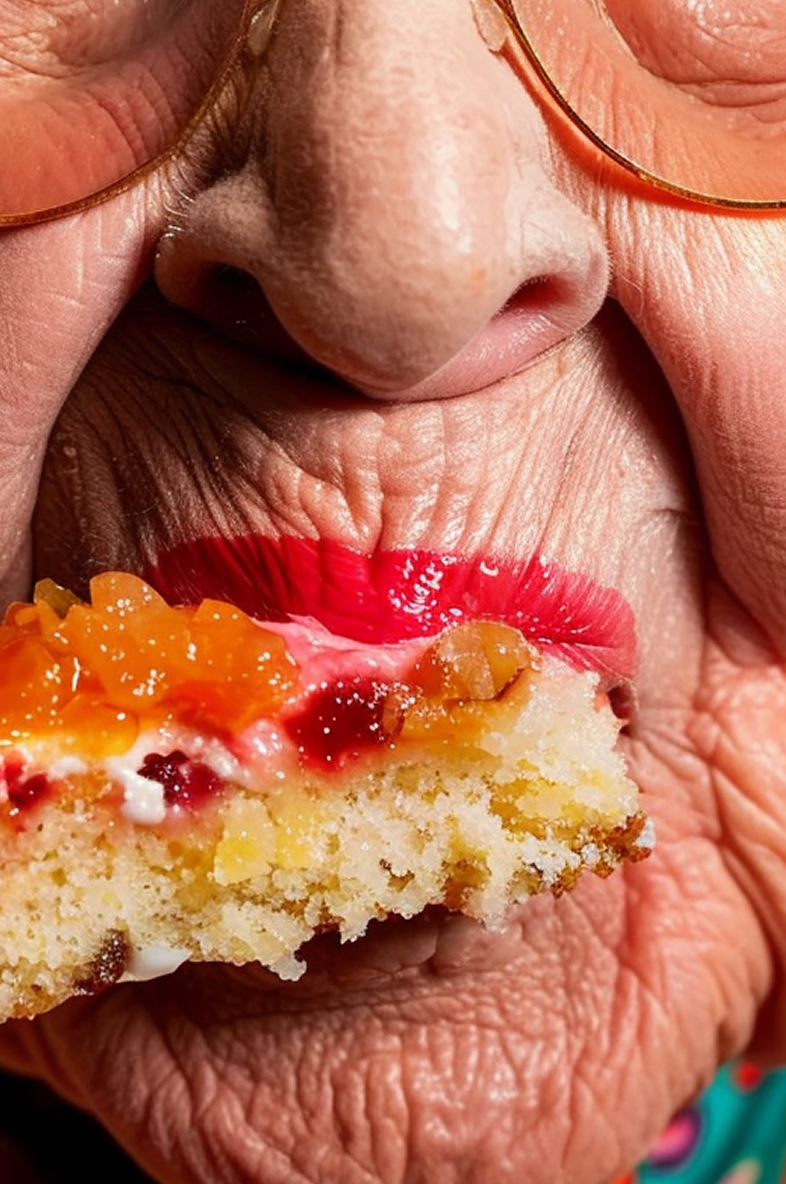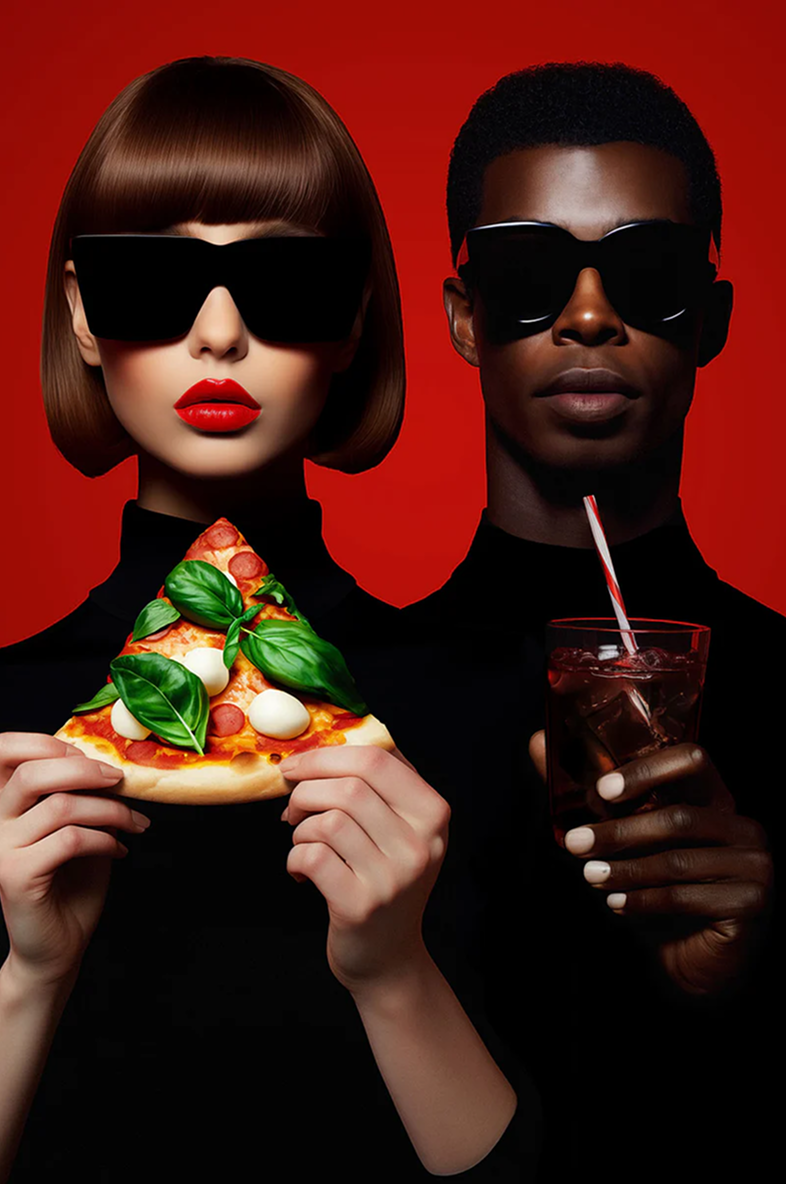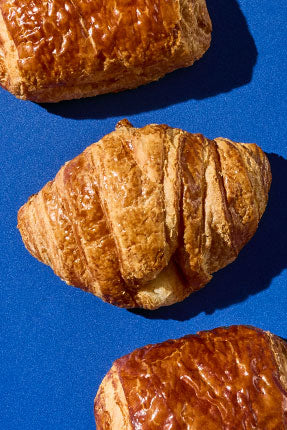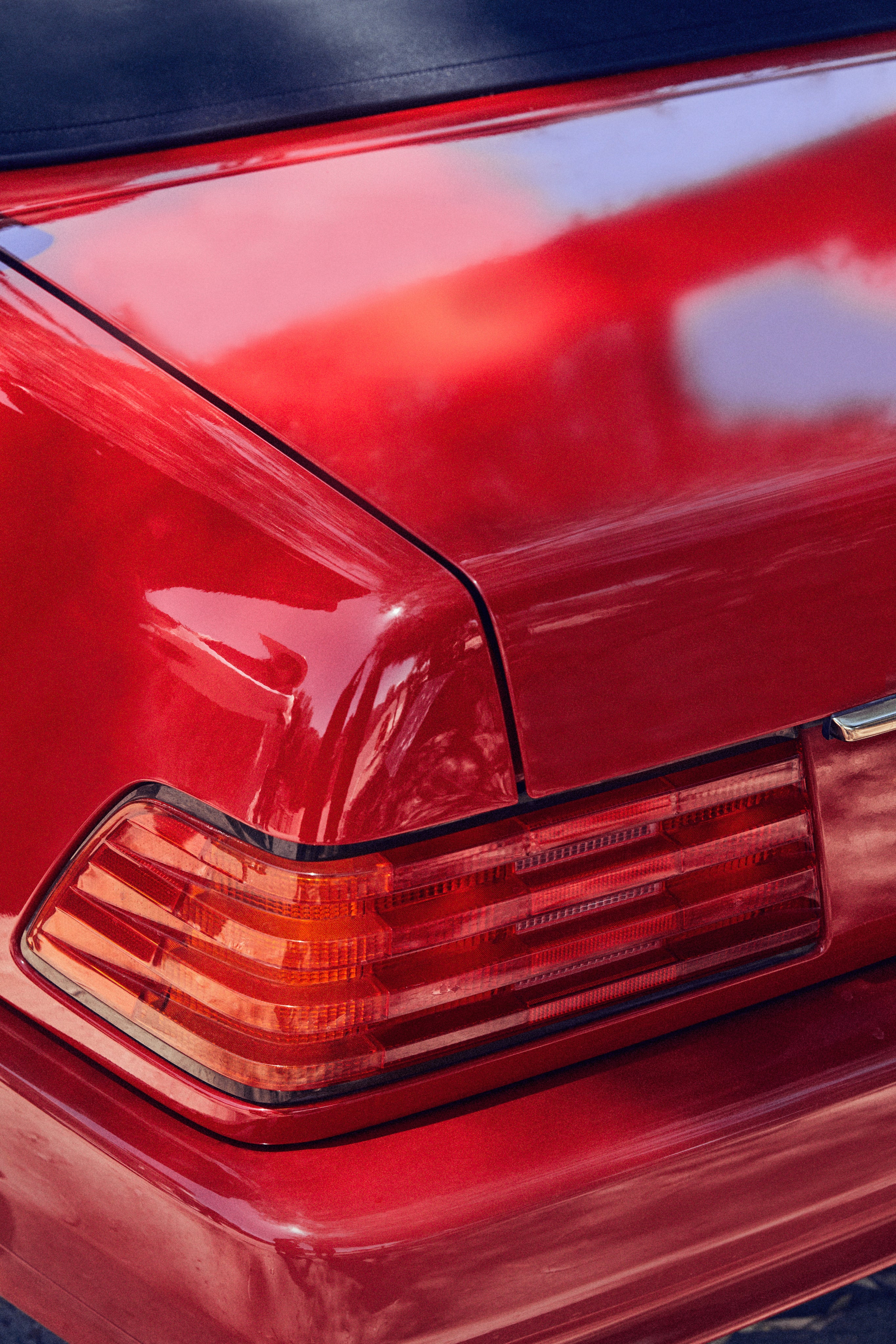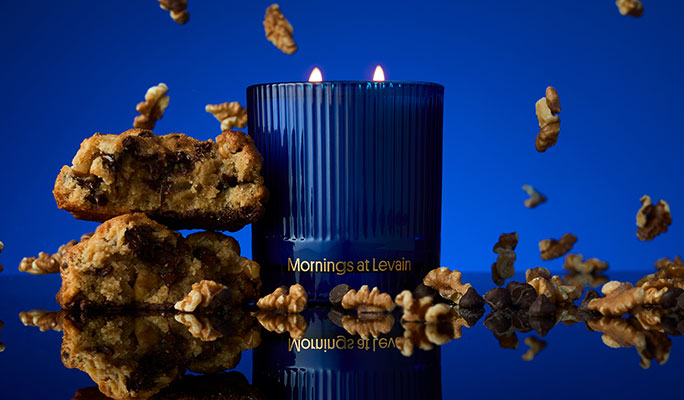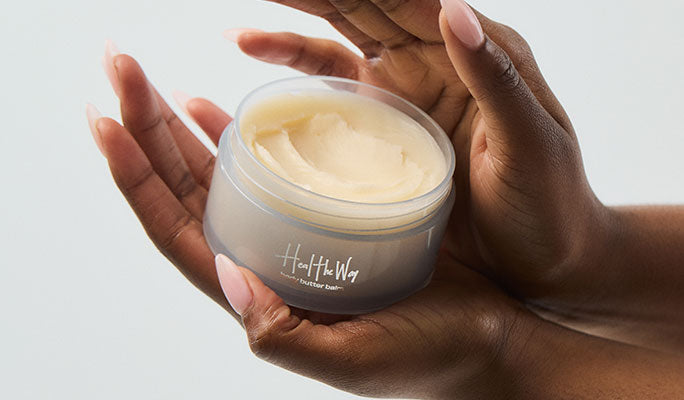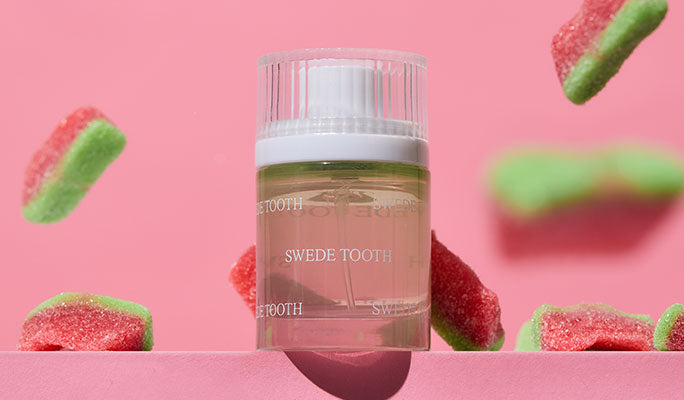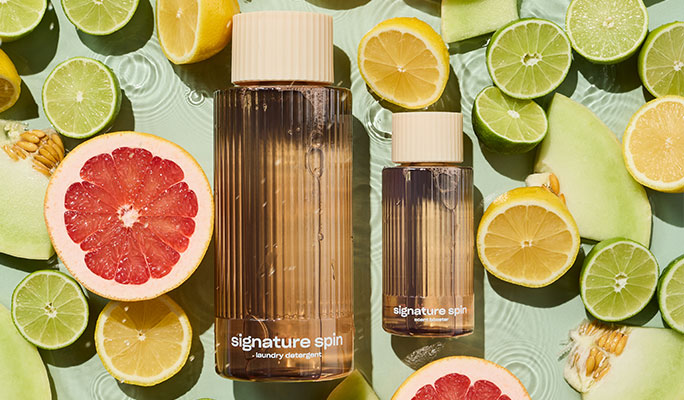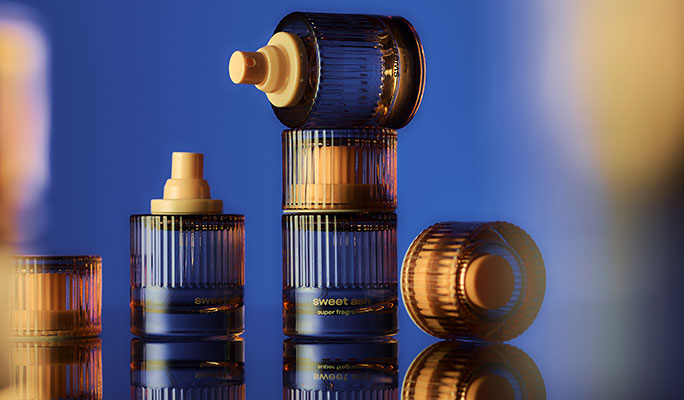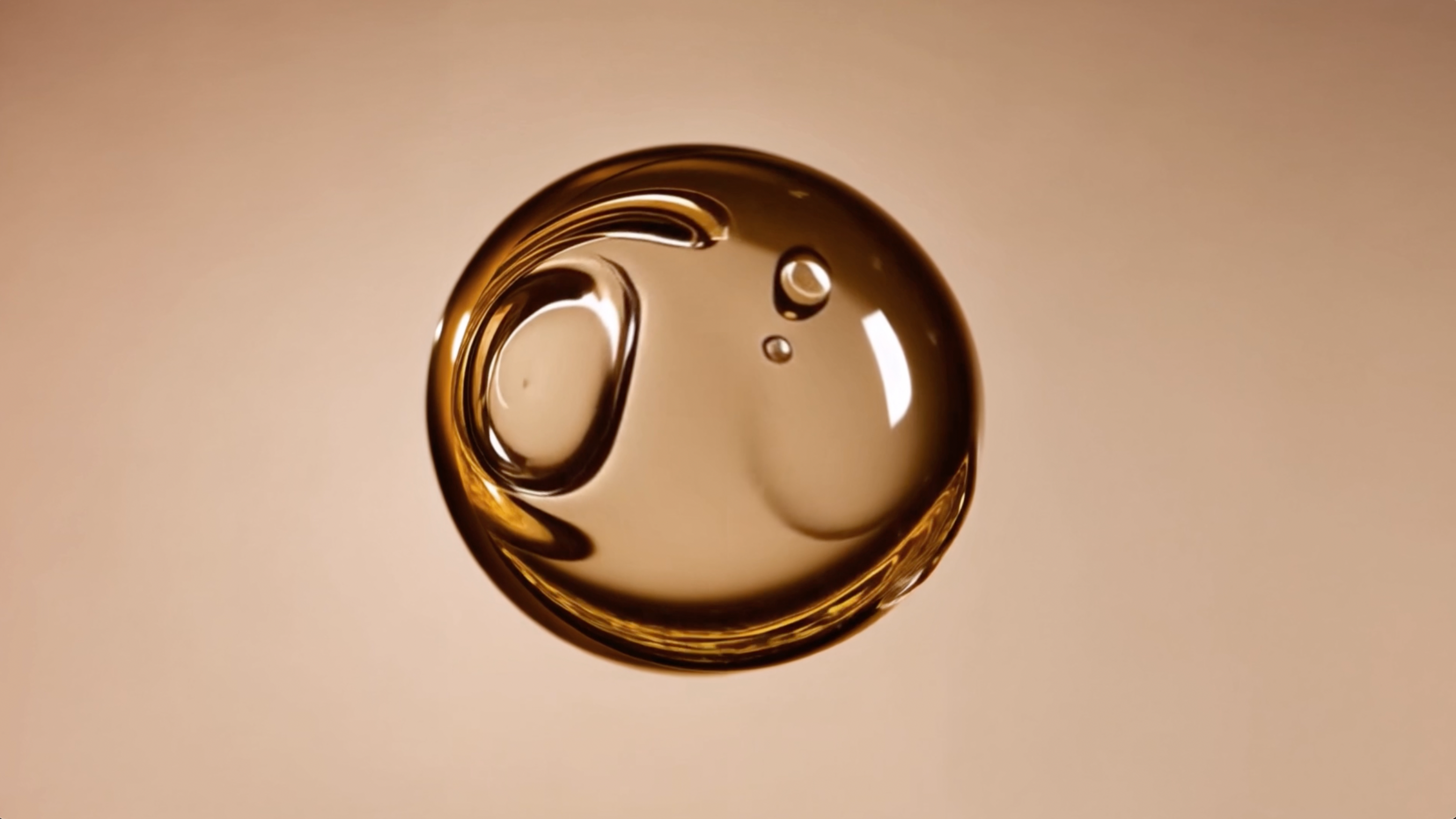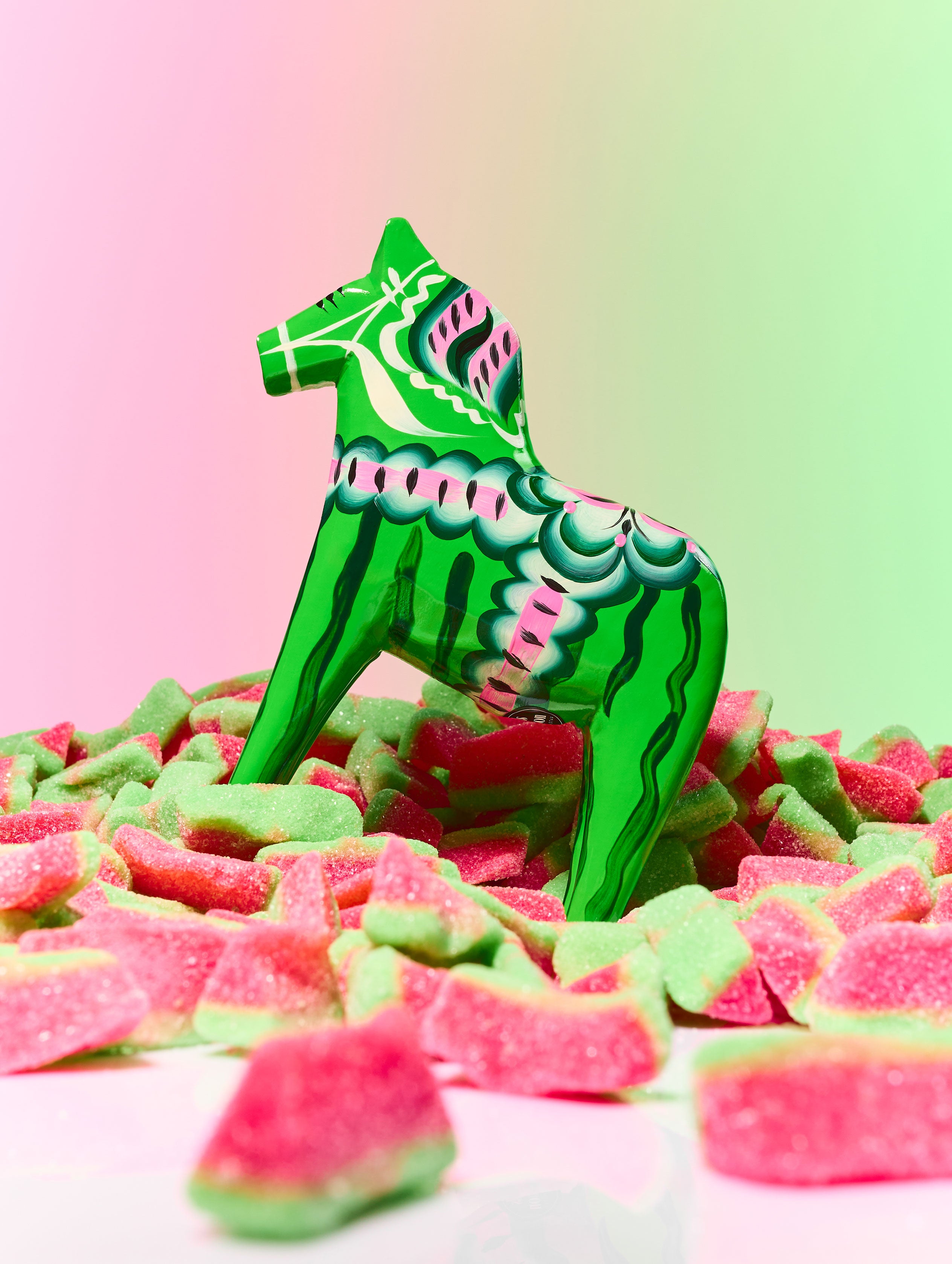While shopping for perfume, you may come across some French terms you’ve never heard of before. Words like parfum and sillage might sound overly sophisticated but are necessary for choosing the perfect fragrance. We promise they are easy to grasp over time.
In this guide, we’re going to break down scent labels step by step. By the end, you’ll know the difference between parfum, eau de parfum, eau de toilette, and more.
|
Category |
Percentage of Oil |
Lasting Power |
Projection |
Occasion |
|
Parfum |
~20-40% oils |
~8-12h |
Intimate to moderate projection |
Evenings/cool weather |
|
Eau de Parfum |
~15-20% oils |
~4-6h |
Moderate projection |
Day-to-night versatility |
|
Eau de Toilette |
~5-15% oils |
~2-4h |
Lighter/airier |
Daytime/heat |
|
Eau de Cologne/Fraîche |
~2-5% oils |
~1-2h |
Very light/fresh |
Quick refresh |
*Ranges are typical. Performance varies by formula, notes, skin, and climate.
What Is Parfum?
Best for: Winter/fall, formal events or special occasions, full day fragrance coverage
Parfum, sometimes called extrait de parfum, is the most concentrated form of a fragrance. Parfums can contain anywhere from 20% to 40% fragrance oil mixed with alcohol, making it the most intense perfume option.
How Long Does Parfum Last?
In addition to being the most potent, parfums also have the most staying power. They can last between 8 to 12 hours, and in some cases, even longer. This is somewhat dependent upon external factors like the wearer’s skin chemistry.
For example, your body’s pH balance can influence how a perfume smells when applied to your skin. On neutral skin, fragrances typically maintain their scent. If your skin is more acidic, the fragrance may smell sharper.
What Is Eau de Parfum?
Best for: All seasons, work trips, romantic evenings , day-to-night wear
Eau de parfum (EDP) is less concentrated than parfum but more concentrated than eau de toilette. EDPs contain about 15% to 20% fragrance oils and are a popular choice for everyday activities.
How Long Does Eau de Parfum Last?
Eau de parfums usually last between four to five hours. Environmental factors can largely influence how long your EDP lasts and whether it’s the right choice for you.
For example, if you’re outside on a windy day, the air circulation can cause the fragrance molecules in your perfume to fade faster. Or if you’re inside with the AC on, there’s going to be less moisture in the air, causing your skin to dry out and absorb the perfume.
In both these instances, you’d have to reapply your perfume sooner than usual.
What Is Eau de Toilette?
Best for: Summer/spring, everyday wear, running errands
Eau de toilette (EDT) is the lightest fragrance of the bunch and contains 5% to 15% fragrance oils.
This low concentration provides it with an airy aroma used casually and during the daytime. It also tends to be the safest perfume type for sensitive areas of the body like hair.
It’s important to highlight that cologne is both an olfactive category and a concentration designation, even though most people just associate it with being a men’s perfume. For example, a cologne can be an eau de toilette, meaning it will have a lighter, more subtle scent.
How Long Does Eau de Toilette Last?
Depending on the exact fragrance percentage, an eau de toilette can last between 2 to 4 hours. In addition to its low concentration, factors like the weather can cause an EDT to fade faster than parfum and eau de parfum.
For example, on a warm, sunny day, your body is more likely to overheat and sweat, which can affect the smell of your fragrance. Higher body temperature intensifies the scent, making it project more strongly.
Sweat can enhance warm notes like musk, but may cause lighter notes like citrus to fade more quickly.
How To Choose
You’ve got the low-down on all the different types of scents, so it’s time to figure out how to choose between them.
If you want an all-day scent with a richer presence, go for a parfum or eau de parfum. When you’re in a hot and humid place or want a distinctly daytime fragrance, reach for an eau de toilette or a light eau de parfum with fewer sprays.
If you are highly sensitive to scents or need a subtle fragrance to wear to work, try out an eau de toilette, eau de cologne, or one to two sprays of an eau de parfum.
Last but not least, if you’re budget-conscious or want a scent that’s great for layering, spritz on an eau de toilette or eau de cologne with a matching body product.
What Do the Different Scent Labels Mean?
Scent labels on perfumes and fragrances are meant to help consumers understand what to expect from the contents inside. They list details like scent profiles and fragrance concentrations.
As we’ve already mentioned, fragrance concentration determines the intensity and longevity of a product. It can be labeled as parfum, eau de parfum, or eau de toilette. You may also see bottles labeled as eau de cologne (EDC). EDCs are distinctly light with 2% to 4% fragrance oils. They typically last one to two hours.
To explain the scent profile of a product, labels list fragrance notes. Fragrances are categorized as top notes, middle notes, and base notes, each unfolding one by one. Top notes are the first scent you notice, but they last for a very short amount of time.
Next comes the middle notes, also called heart notes, forming the core fragrance. Base notes develop last, linger the longest, and provide the most depth.
On the topic of lingering, your perfume’s scent label may also feature the term “sillage.” Sillage describes how long a fragrance will stay in the air, even after you’ve walked away. This effect is typically determined by the alcohol content. If your perfume is labeled as having strong sillage, it's more likely to trail behind you.
Which Type of Scent Is Best for a Special Event?
Special events usually involve spending an extended amount of time around others, making it important to leave a positive impression.
If you’re hoping to smell your best all throughout the occasion, you’ll probably want to wear a long-lasting, memorable fragrance.
Parfums can sometimes air on the side of intense and overwhelming, but they’re a strong option if your event is particularly long. Alternatively, you can also choose an eau de parfum — whether you’re heading to a coworker’s dinner party or your best friend’s wedding, an EDP will give you the necessary longevity.
We love using a fragrance that complements the occasion. If you’re having cocktails on an outdoor patio, for example, trying something fresh and fruity might fit the vibe.
Attending an important work gala? You might feel drawn to something warm and sophisticated. If you’re still not sure what to pick, it’s always a safe bet to go with your signature scent.
Which Type of Scent Is Best for Casual Occasions?
When it comes to casual occasions, it's better to use fragrances that are light and easygoing. The goal is to smell nice and fresh without overwhelming the senses. An eau de toilette’s moderate concentration makes it the perfect choice. Just like with an eau de parfum, we suggest tailoring your EDT based on the activities you have planned for the day.
If you’re grabbing brunch with friends, choose a gourmand option like a vanilla fragrance — or, even better, opt for Hot Cakes, our pancake fragrance that fits right in at the hottest breakfast spot.
Going for a walk through the park? Opt for a fruity, floral fragrance like a citrus scent or rose fragrance. At Snif, all of our fragrances are formulated for optimal performance and long-lasting daily wear.
Application Tips
Regardless of if you want to go for a rich parfum or an airy eau de cologne, you should always start by moisturizing your skin before spraying on your fragrance. This will slow down the rate at which the fragrance evaporates and help it last longer.
Apply two to four sprays of the scent to your pulse points. Make sure to let the fragrance dry naturally rather than rubbing it in. Keep in mind that if you’re in a hot place or you’re going to be in a small space, you can go a little lighter on your application. When it comes to spritzing your clothes, you can give them a light mist from a distance, but make sure you avoid applying fragrance to delicate fabrics that could be damaged.
You can reapply eau de toilette after three to four hours, eau de parfum after four to six hours, and parfum after six to eight hours of wear. Keep in mind that these are estimates and the reapplication window will vary depending on the fragrance and your specific skin chemistry.
Finding Your Fragrance
Now that you’re a pro at reading scent labels on perfume bottles, you get to enjoy the fun part: finding your fragrance! Remember to consider factors like what the occasion is, how long you need it to last, and how it will interact with your body and environment.
Whether you’re in the mood for a fancy parfum or a casual eau de toilette, we’re certain you’ll find a scent you love!
FAQs
Is eau de parfum stronger than eau de toilette?
Yes, eau de parfum is stronger than eau de toilette due to the higher percentage of oil in eau de parfum. Generally speaking, an eau de parfum will last longer; that said, the specific projection of every fragrance depends on the formula.
Parfum vs. EDP: which lasts longer?
Parfum usually lasts longer than an eau de parfum because it contains more fragrance oil. You’ll also find that parfum has a denser wear than eau de parfum which means it tends to have a richer, heavier smell.
Is EDP unisex?
Yes, eau de parfum is absolutley unisex. When shopping for fragrances it’s important to keep in mind that concentration is not equivalent to gender.
Can I wear EDP in hot weather?
Yes, even though eau de parfum is known for having a deep, strong scent, you can wear it in hot weather.
If you want to go for a richer eau de parfum in warm weather, make sure to apply fewer sprays of the fragrance and just focus on spraying your pulse points and clothes. This will guarantee you have a long-lasting fragrance that doesn’t overwhelm.
How many sprays should I use?
When you’re trying on a new fragrance, always start by spritzing on two to four sprays. Give the scent a few minutes to settle on your skin, then adjust accordingly. Keep in mind the fragrance formula, climate, and the setting in which you’re wearing a scent when deciding how many sprays to wear.
What causes differences in longevity?
You might notice some scents last all day, whereas others tend to fade fast. The difference in fragrance longevity is due to different fragrance oil concentrations, notes, skin types, climates, and application methods.
Sources:
Intrinsic and Extrinsic Factors Affecting Skin Surface pH | PubMed
Aroma Compound - an overview | ScienceDirect
